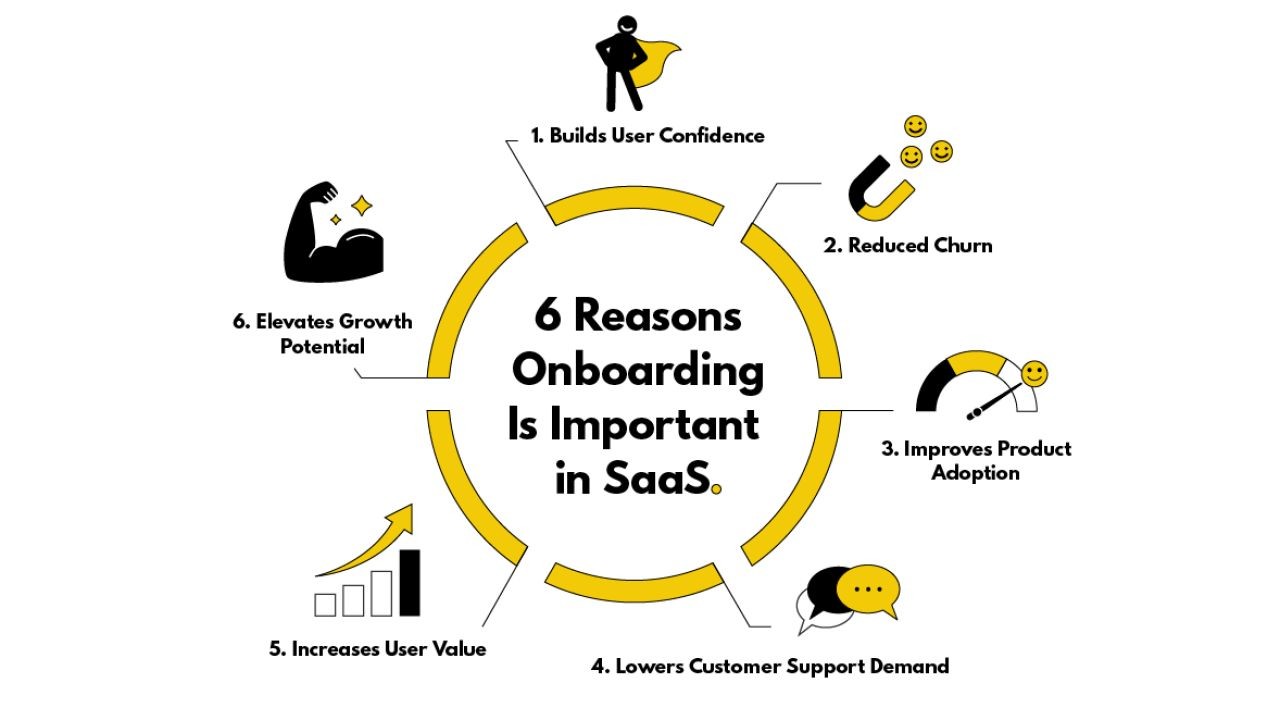In a rapidly evolving business landscape, New Zealand companies are increasingly focusing on training existing staff rather than hiring fresh graduates. This shift reflects a broader global trend, yet it is uniquely influenced by local factors. With a tight labor market and evolving industry demands, the emphasis on skill enhancement over new hiring aligns with the economic and educational nuances of New Zealand.
Understanding the Shift: Why Training Over Hiring?
In New Zealand, the unemployment rate has remained consistently low, hovering around 4% as of 2023, according to Stats NZ. This tight labor market has made it challenging for businesses to find suitable talent. Simultaneously, the rapid pace of technological advancements demands continuous skill updates, making it more efficient for companies to invest in their current workforce rather than onboarding new graduates who may lack specific skills.
Moreover, New Zealand's vocational education and training (VET) sector is among the world's most innovative, offering tailored programs that align closely with industry needs. The Education Review Office reports that companies that engage with these VET programs often see a significant return on investment, with improved employee performance and retention rates.
Case Study: Fonterra's Innovative Training Approach
Problem: Fonterra, a leading dairy cooperative in New Zealand, faced challenges in finding skilled workers in rural areas.
- The company struggled with high turnover rates and the cost of hiring new staff.
- Industry data showed that similar businesses faced up to a 30% higher recruitment cost due to their remote locations.
Action: To address this, Fonterra implemented a comprehensive in-house training program.
- They partnered with local vocational institutes to tailor training modules specific to their operational needs.
- Employees received hands-on training, which included both technical skills and management capabilities.
Result: Within two years, Fonterra saw remarkable improvements:
- Turnover rate decreased by 25%.
- Productivity levels increased by 15%.
- Training costs were reduced, generating significant savings over time.
Takeaway: This case underscores the effectiveness of investing in employee development, particularly in regions where recruitment challenges are pronounced. New Zealand businesses can leverage local educational institutions to design impactful training programs, ensuring a skilled and loyal workforce.
Comparative Analysis: Training vs. Hiring Fresh Graduates
Pros of Training Existing Staff:
- Cost Efficiency: Training costs are often lower than recruitment and onboarding expenses.
- Retention: Employees feel valued, leading to higher retention rates.
- Customization: Training can be tailored to specific organizational needs.
- Speed: Current employees can be upskilled faster than the time it takes to recruit and train a new graduate.
Cons of Hiring Fresh Graduates:
- Longer Onboarding: Graduates often require extensive onboarding before becoming productive.
- Skill Gaps: Academic knowledge may not align with practical industry needs.
- Higher Turnover: Younger employees might switch jobs more frequently.
While hiring fresh graduates brings new perspectives, the immediate need for industry-specific skills often makes training a more strategic choice.
Expert Opinion: The Future of Workforce Development in New Zealand
According to Dr. Sarah Thompson, an economist at the University of Auckland, "The integration of continuous learning and development within organizations is not just a trend but a vital component for maintaining competitive advantage. As technology continues to evolve, so too must our skills. New Zealand's commitment to vocational training positions it well to lead in this area."
The Ministry of Business, Innovation, and Employment (MBIE) forecasts that by 2025, 50% of the workforce will require reskilling, emphasizing the importance of internal training initiatives.
Common Myths and Mistakes in Workforce Development
Despite the clear advantages of training, misconceptions persist:
Myth: "Training is too expensive and time-consuming."
Reality: While initial costs exist, the long-term savings and productivity gains often outweigh these expenses. A study by the Reserve Bank of New Zealand found that organizations investing in training saw a 20% increase in productivity within two years.
Myth: "Graduates bring innovation that current employees can't match."
Reality: While fresh ideas are valuable, innovation can also be cultivated within. Many companies find that experienced employees, when given the right tools and training, can drive innovation effectively.
Future Trends and Predictions
As industries continue to embrace digital transformation, the role of training will become even more critical. Emerging technologies such as AI and machine learning will require a workforce adept at managing and leveraging these tools. By 2028, it is predicted that 60% of jobs in New Zealand will require advanced digital skills, as per a report by NZTech.
Furthermore, the integration of virtual reality (VR) and augmented reality (AR) in training programs is set to revolutionize how skills are taught and applied, making training more engaging and effective.
Final Takeaways and Call to Action
- Fact: Investing in training yields significant productivity gains and cost savings.
- Strategy: Leverage partnerships with local educational institutions to develop tailored training programs.
- Mistake to Avoid: Underestimating the long-term value of employee development.
- Pro Tip: Incorporate digital tools and platforms to enhance training effectiveness.
As New Zealand businesses navigate the complexities of a dynamic economy, focusing on internal skill development offers a sustainable path to growth. What strategies will you implement to future-proof your workforce? Share your thoughts and start a discussion below!
People Also Ask
How does training staff impact businesses in New Zealand?
NZ businesses focusing on training staff report a 25%+ increase in productivity, according to the Reserve Bank of New Zealand. Investing in employee development enhances engagement and reduces turnover.
What are the biggest misconceptions about workforce training?
A common myth is that training is too costly, but research from the Reserve Bank of NZ shows significant long-term savings and productivity gains, debunking this belief.
What are the best strategies for implementing workforce training?
Experts recommend partnering with educational institutions, utilizing digital platforms, and tailoring programs to specific organizational needs for effective staff training.
Related Search Queries
- New Zealand workforce development trends
- Employee training programs in NZ
- Benefits of vocational training in New Zealand
- Challenges in hiring graduates in NZ
- Future of work in New Zealand
- Impact of digital skills on NZ jobs
- AI and workforce training in New Zealand
- How to improve employee retention in NZ
- Cost-effective training solutions for NZ businesses
- Industry-specific training programs in New Zealand





































clinto15638086
7 months ago